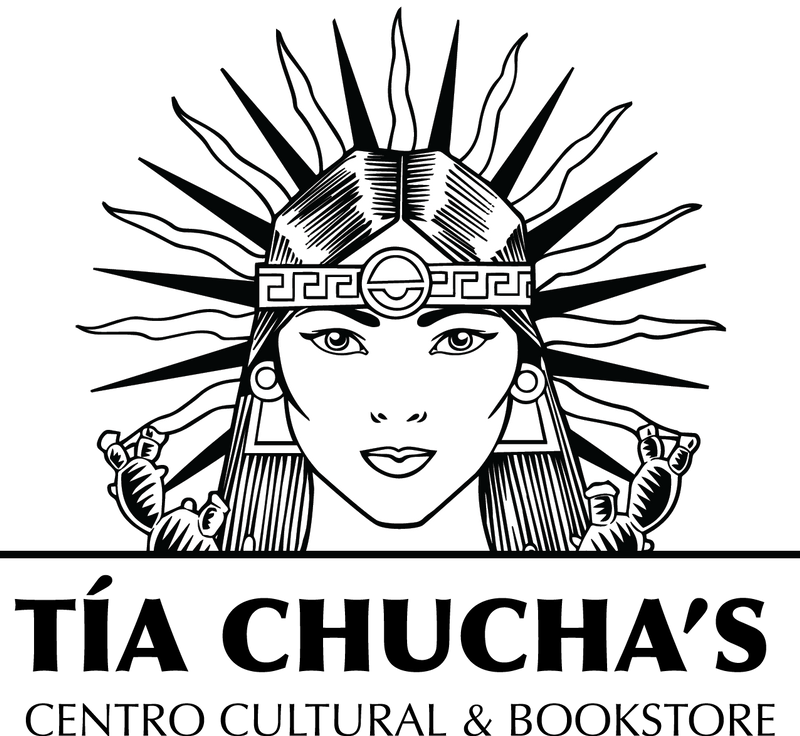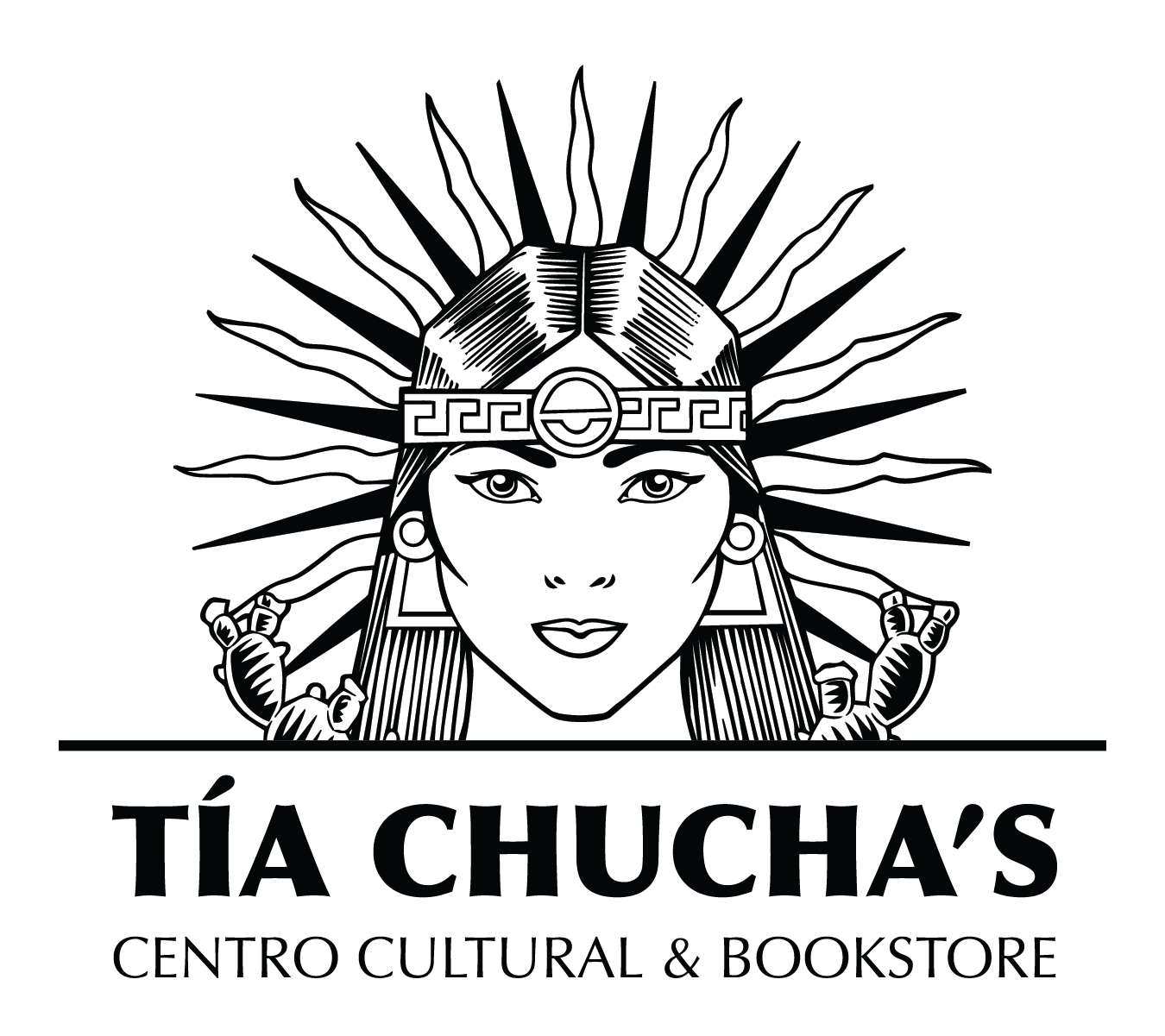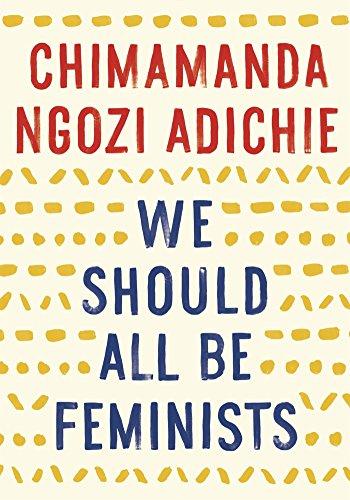
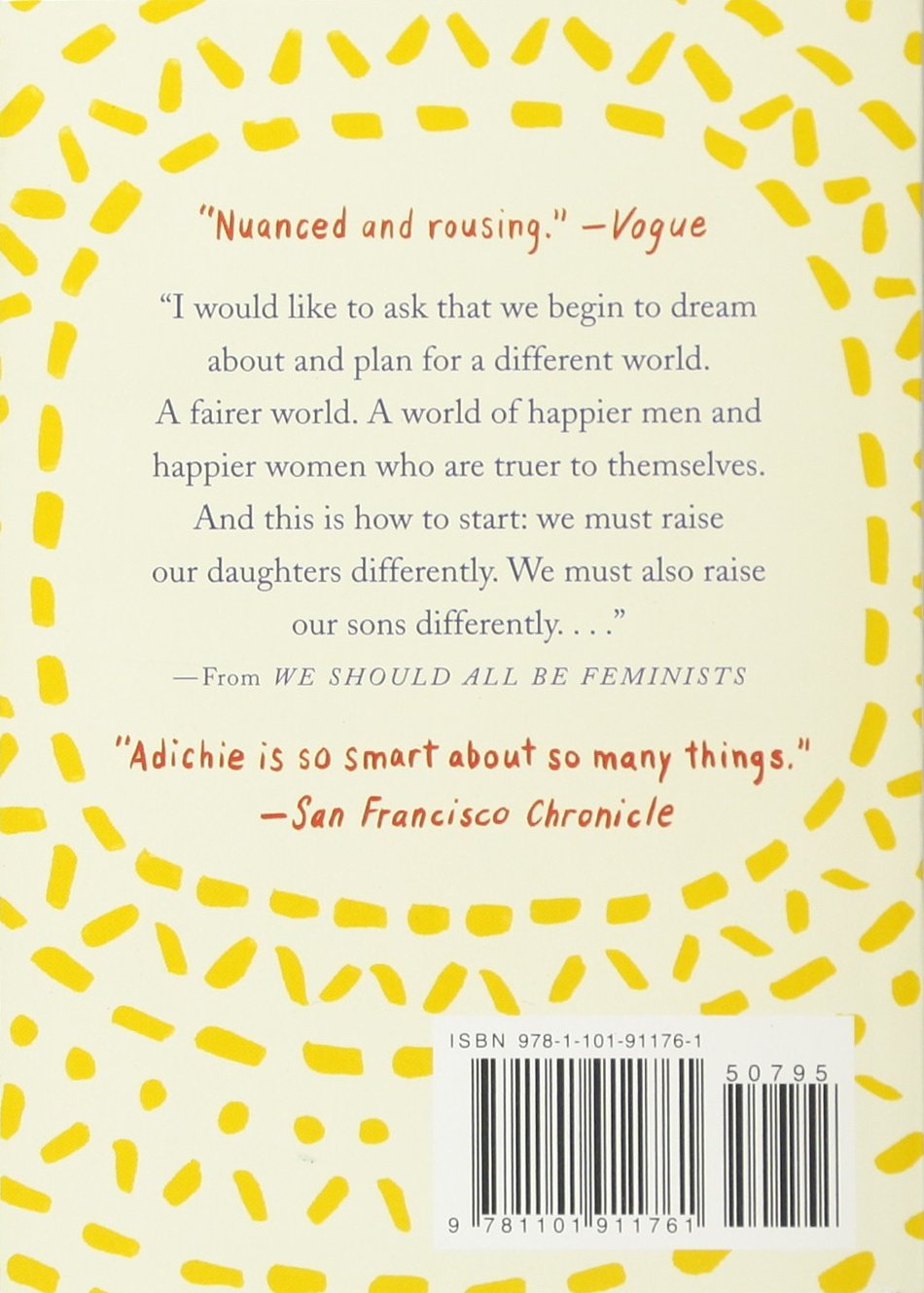
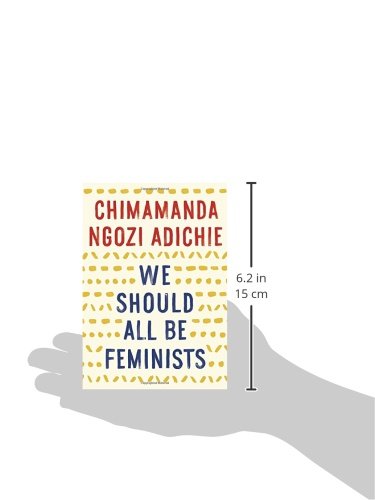
We Should All Be Feminists (PB)
By Chimamanda Ngozi Adichie
NEW YORK TIMES BESTSELLER • The highly acclaimed, provocative essay on feminism and sexual politics—from the award-winning author of Americanah
"A call to action, for all people in the world, to undo the gender hierarchy." —Medium
In this personal, eloquently-argued essay—adapted from the much-admired TEDx talk of the same name—Chimamanda Ngozi Adichie offers readers a unique definition of feminism for the twenty-first century. Drawing extensively on her own experiences and her deep understanding of the often masked realities of sexual politics, here is one remarkable author’s exploration of what it means to be a woman now—and an of-the-moment rallying cry for why we should all be feminists.
Choose options



